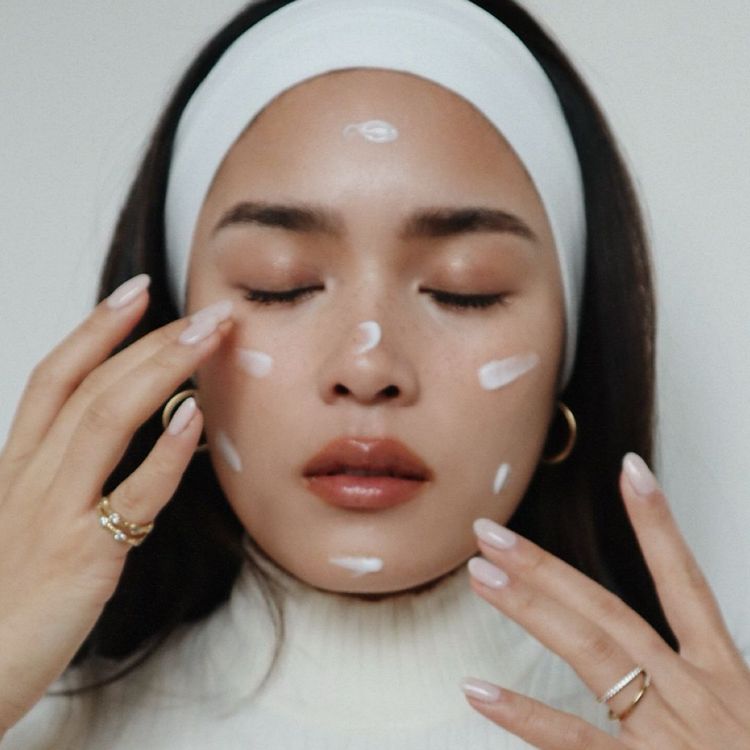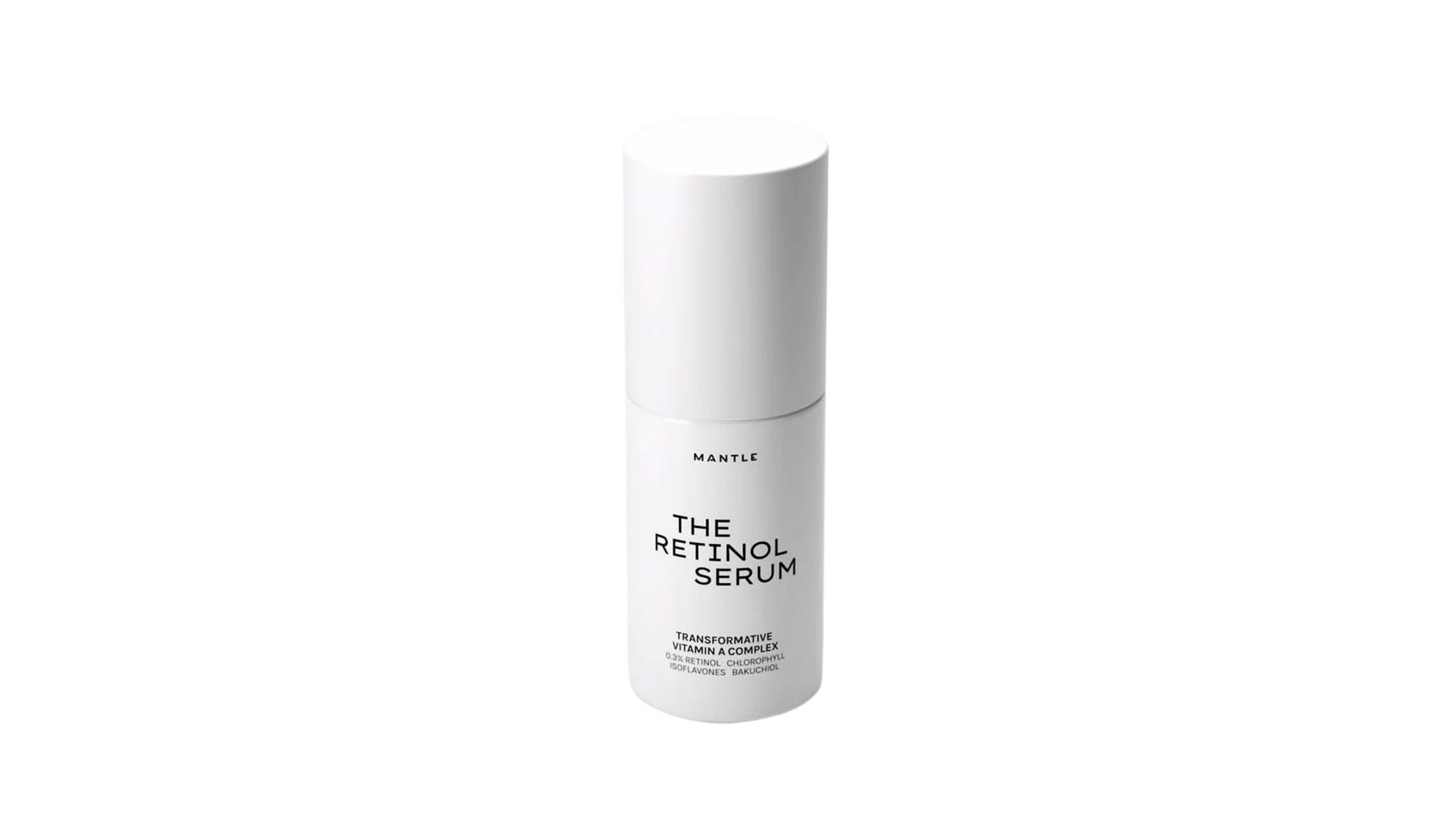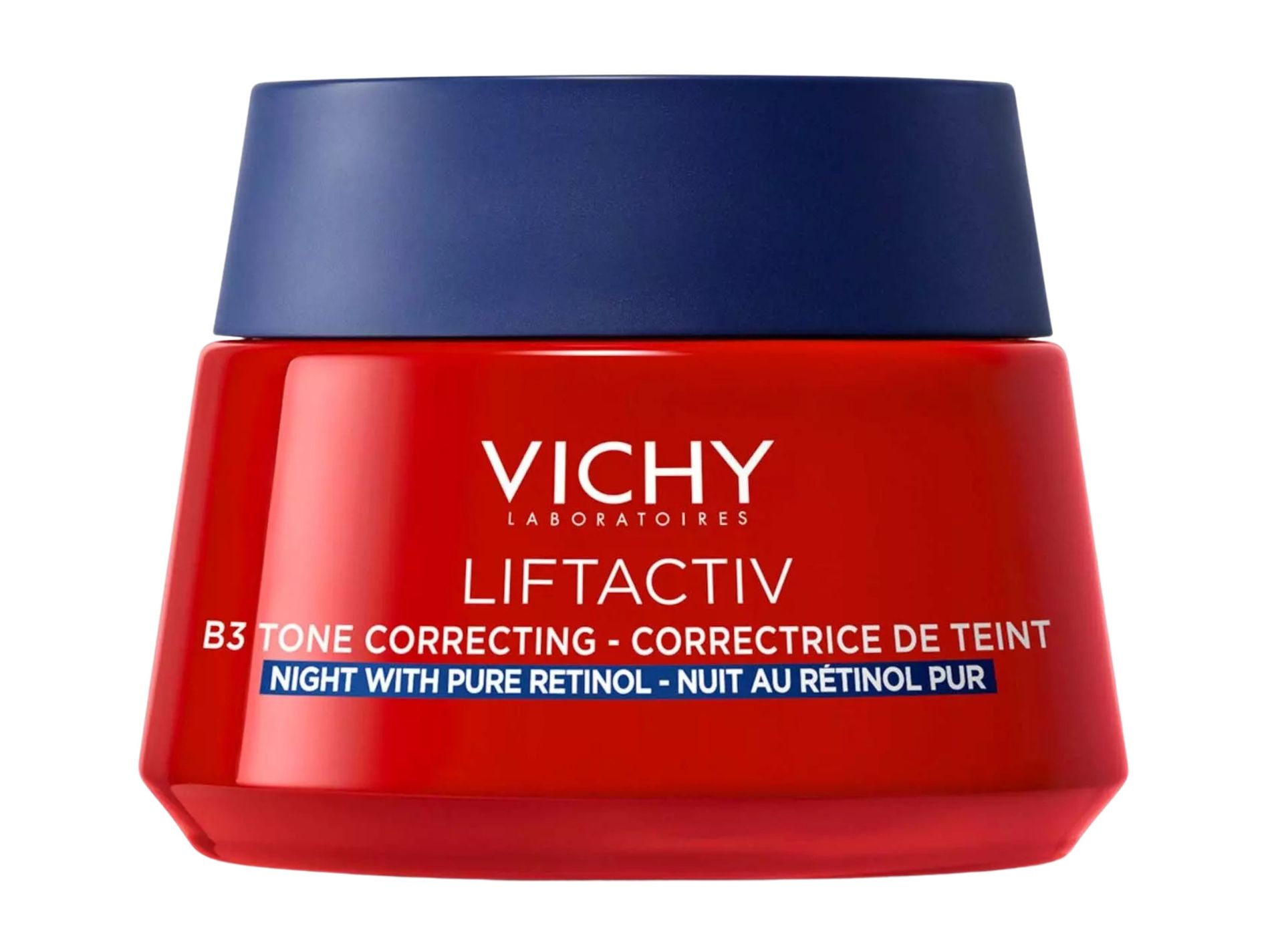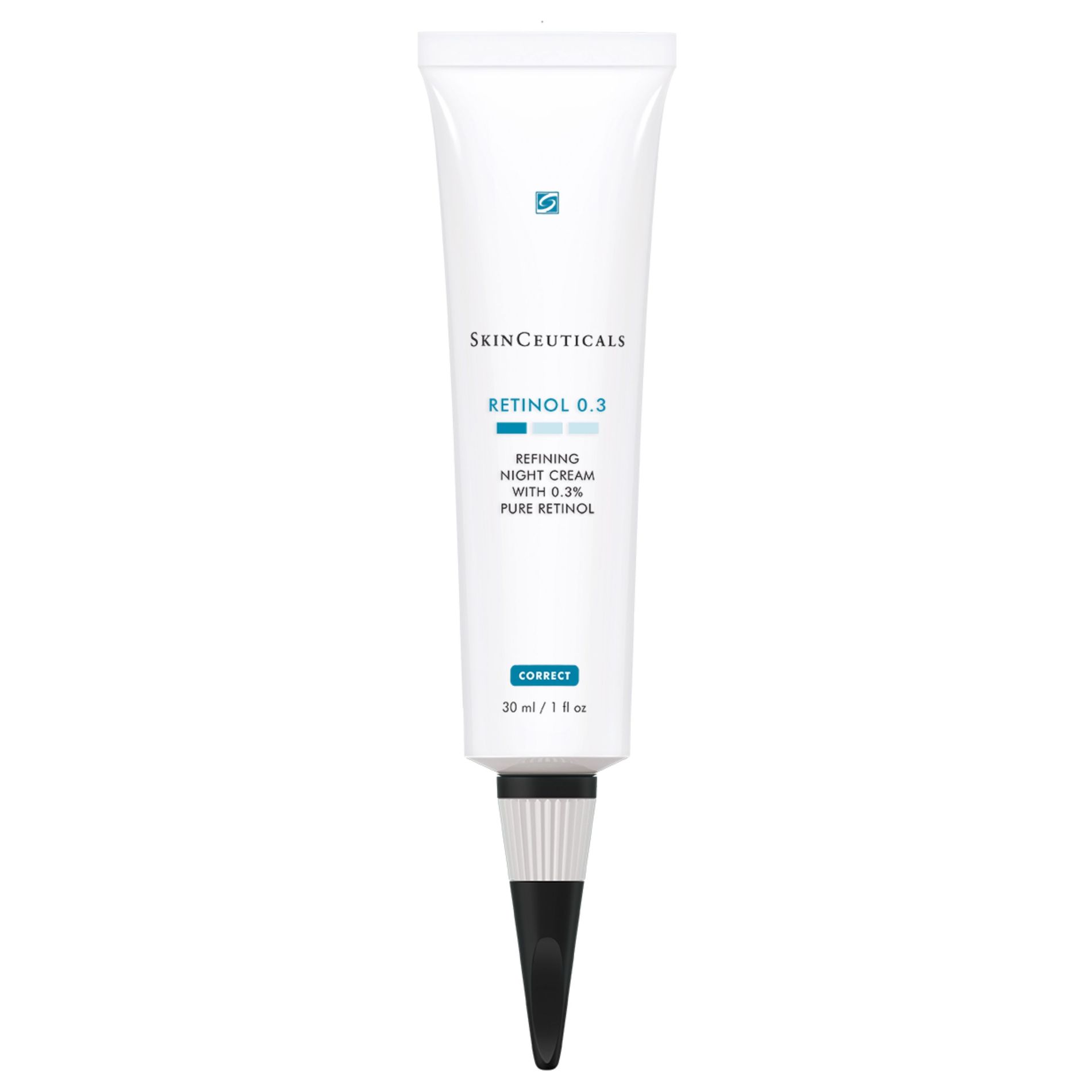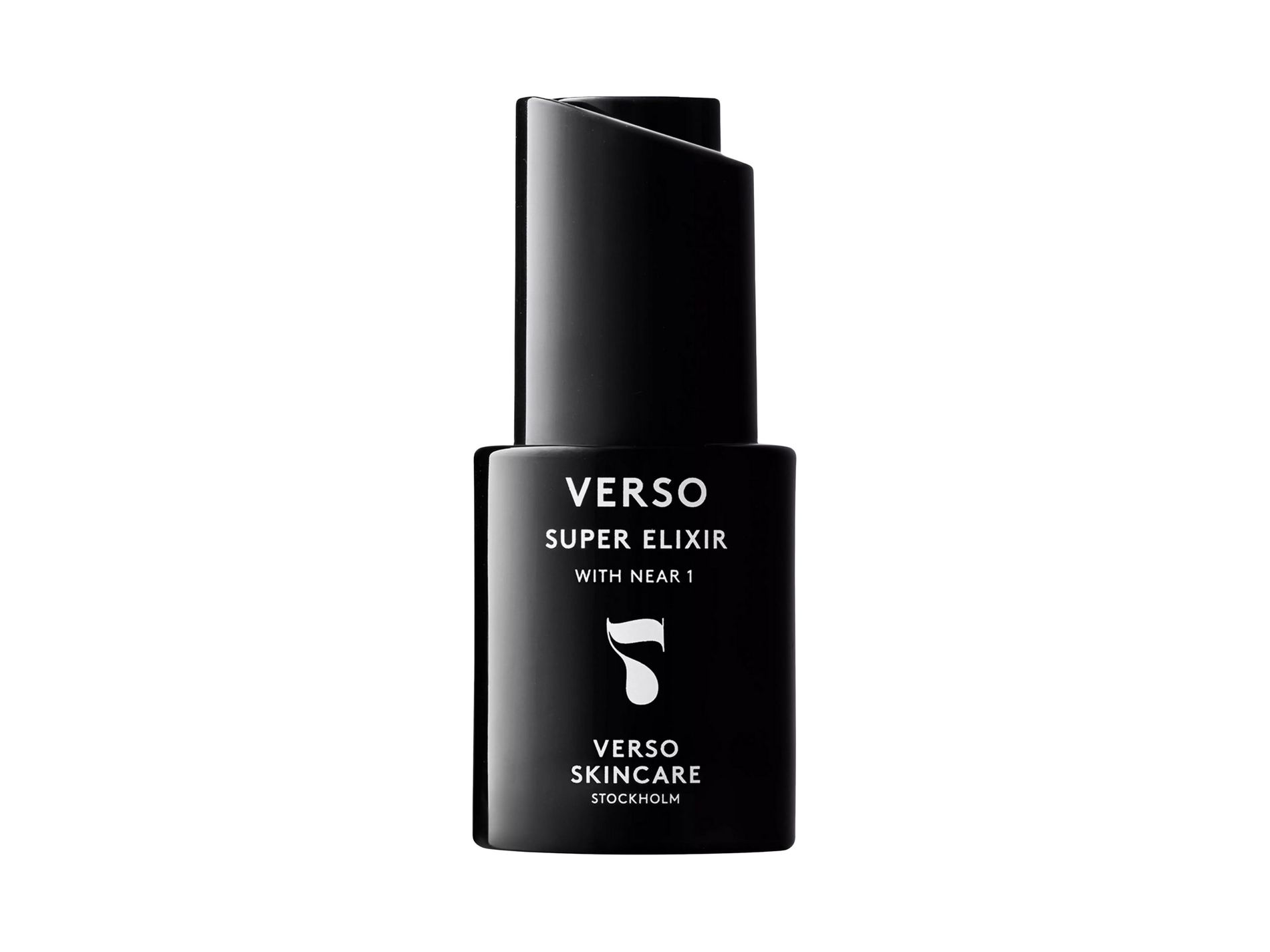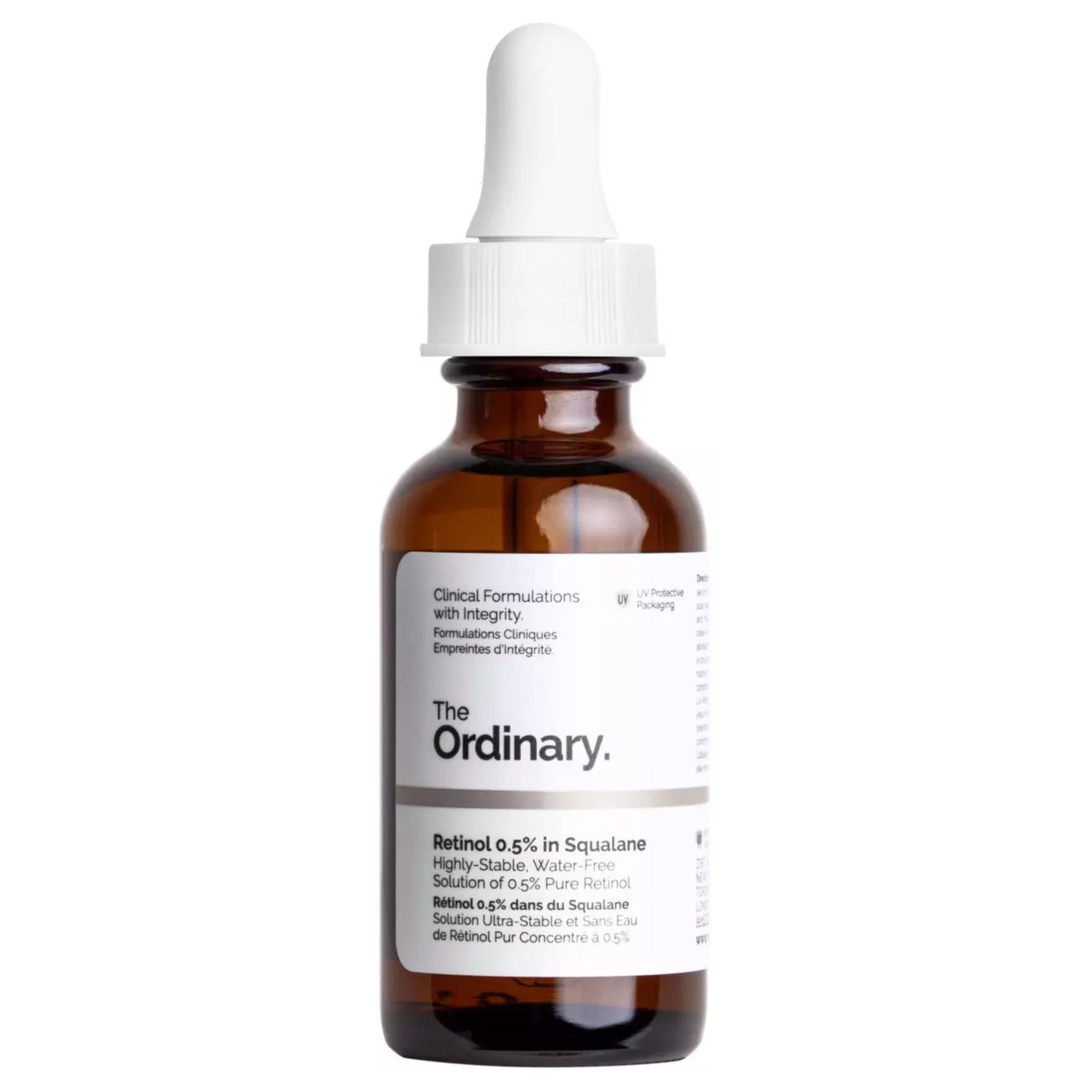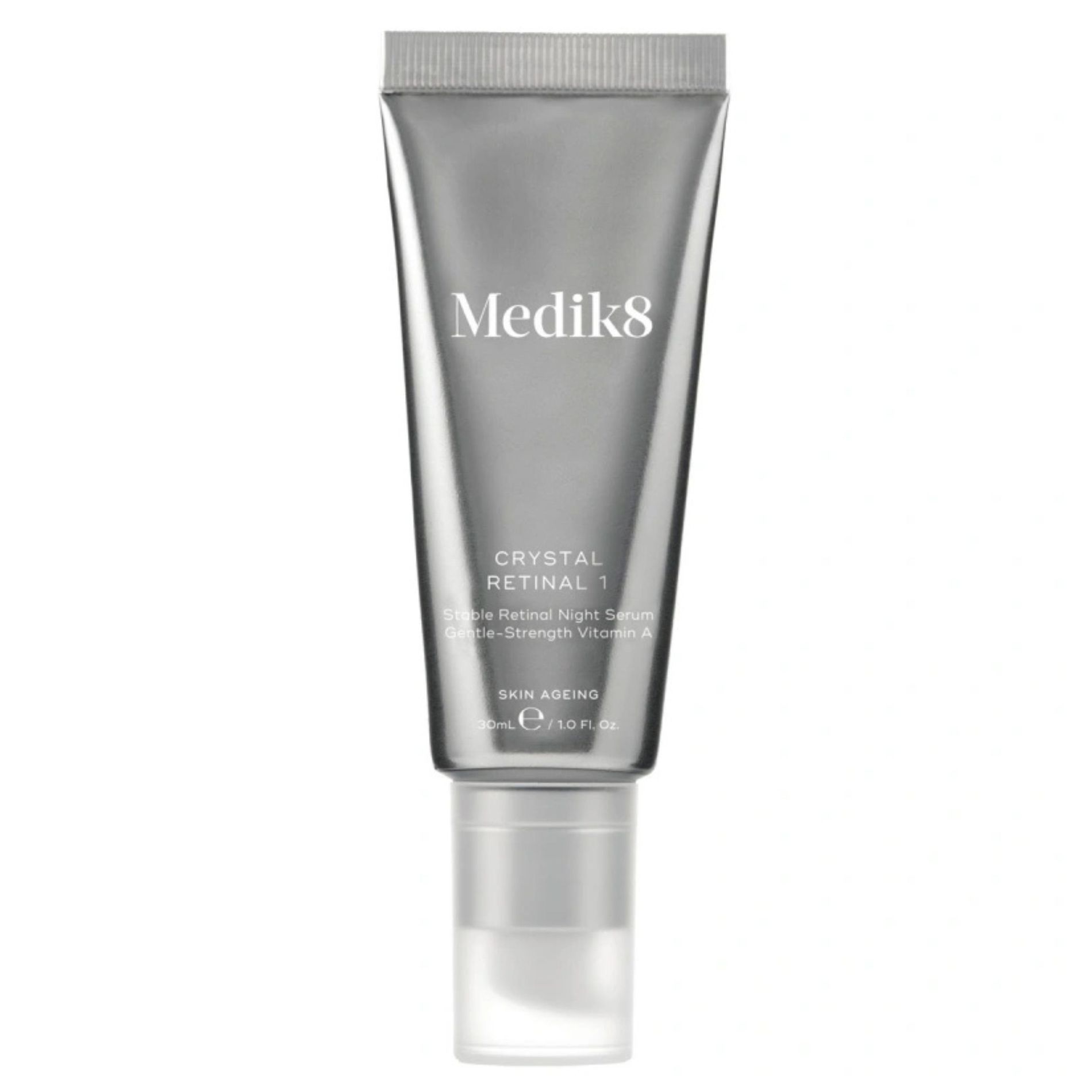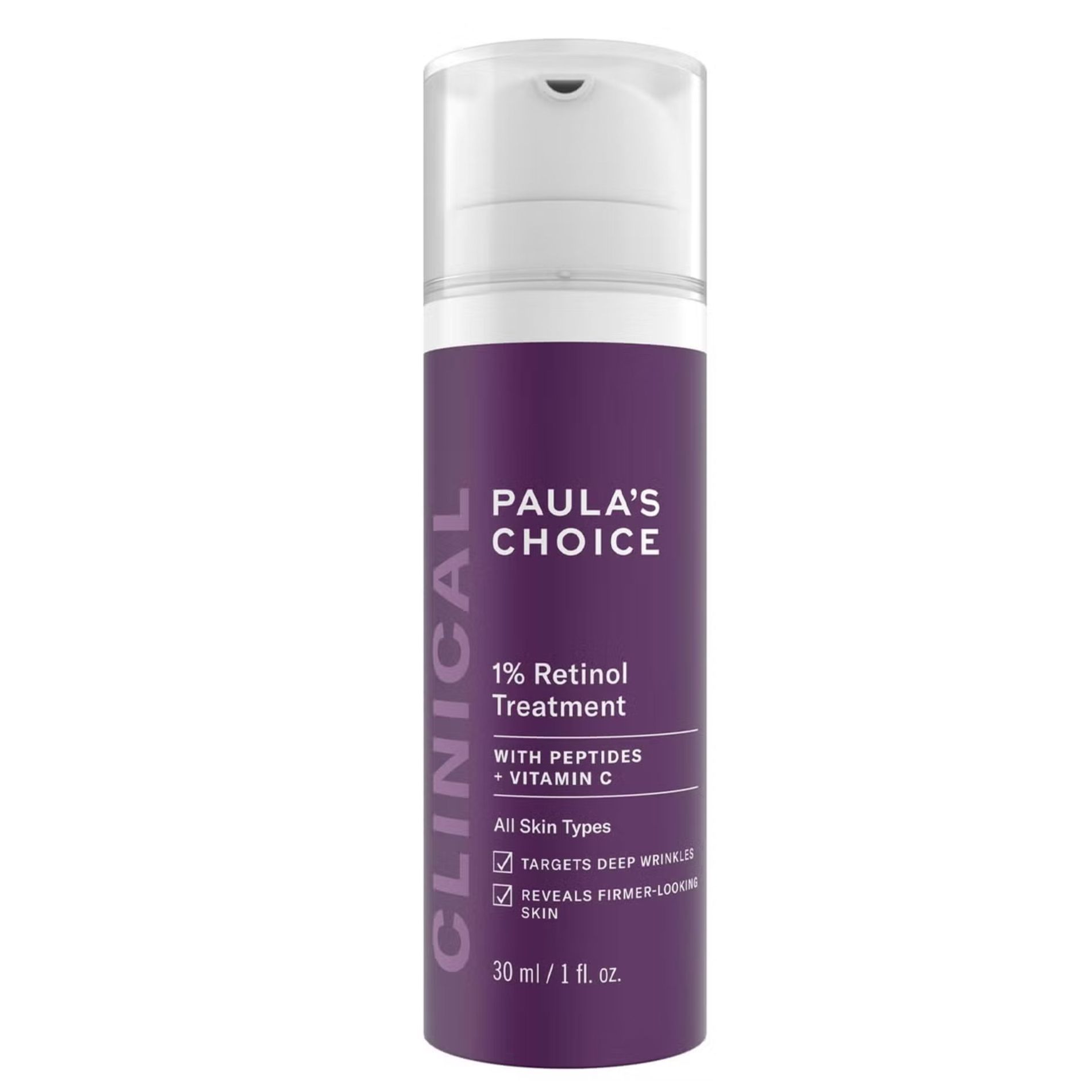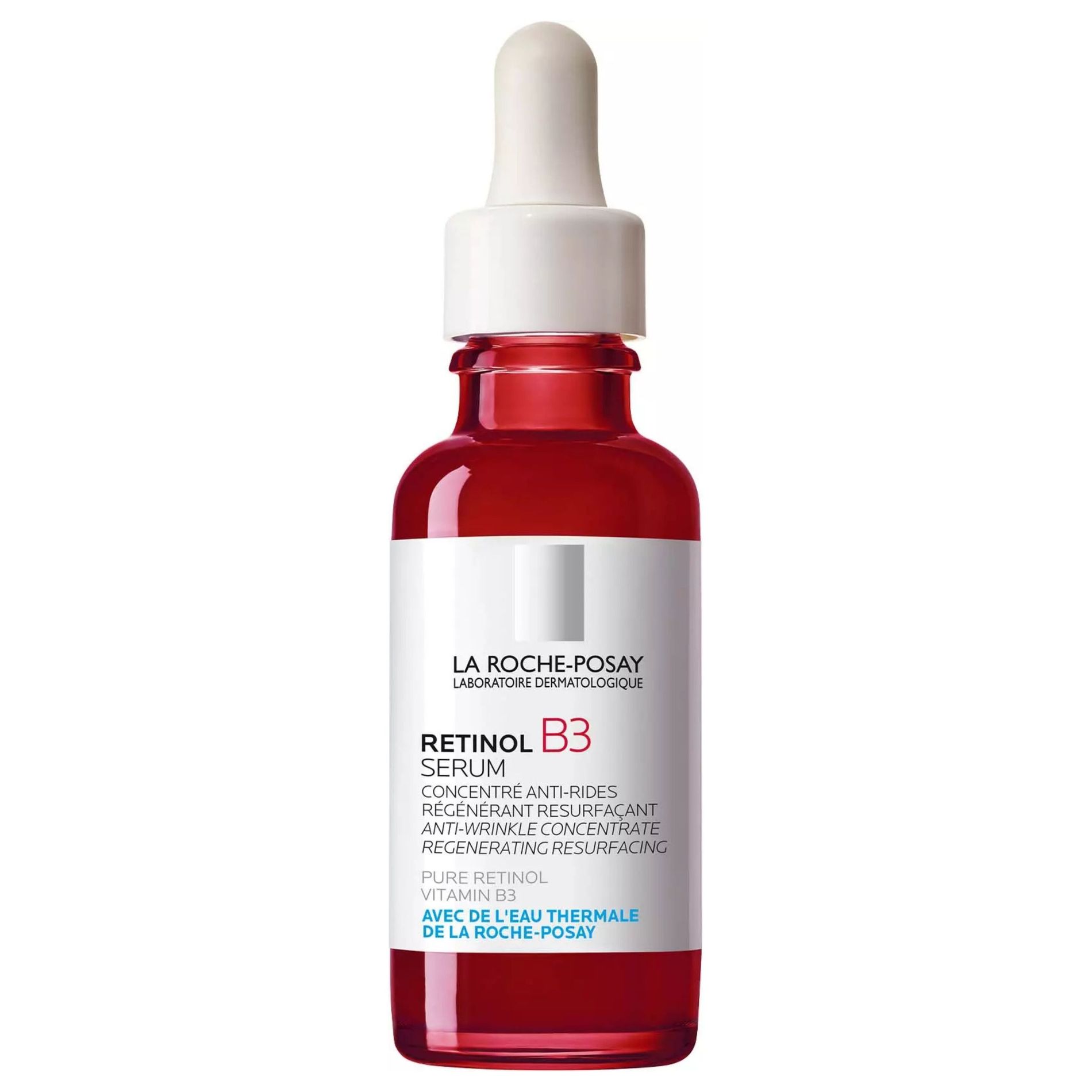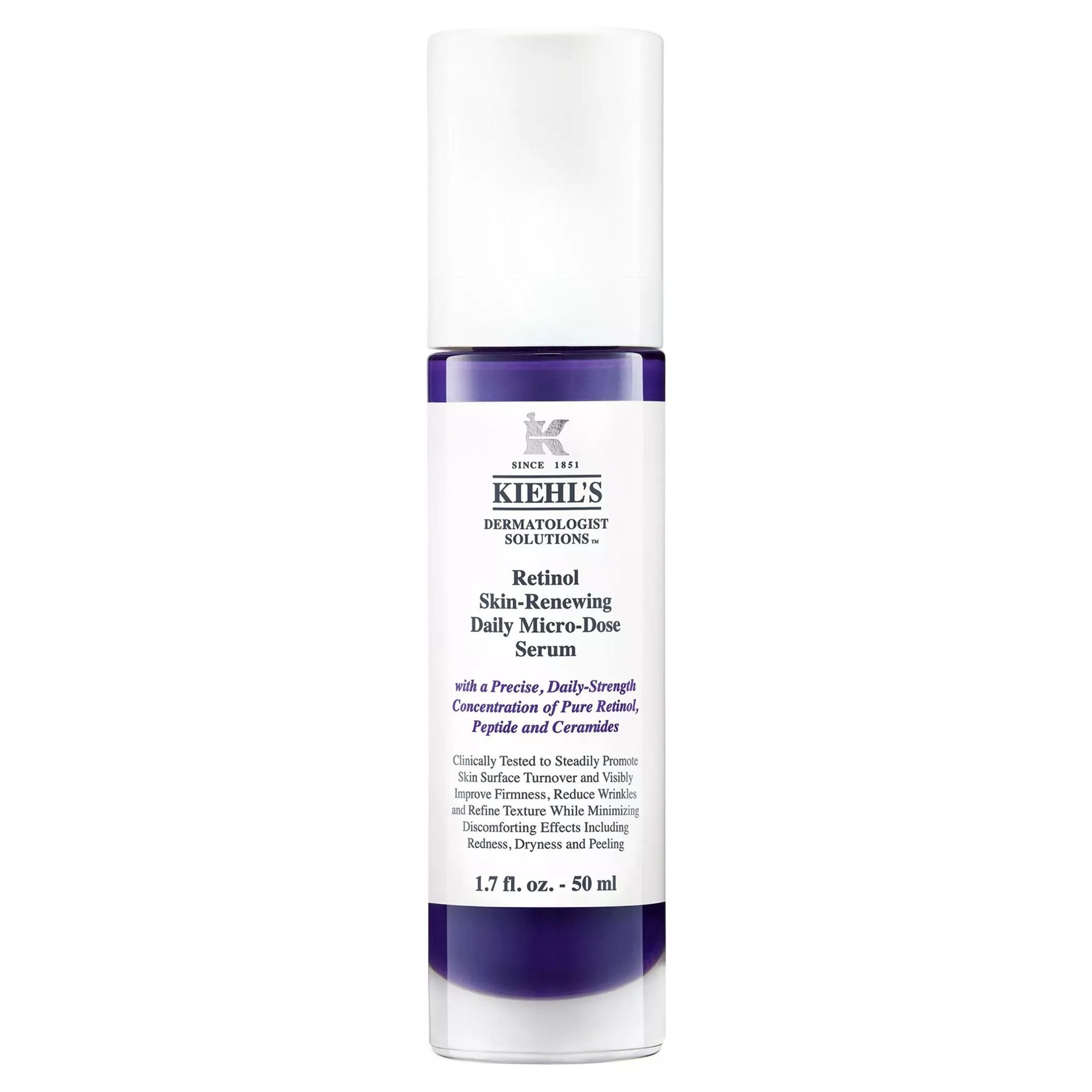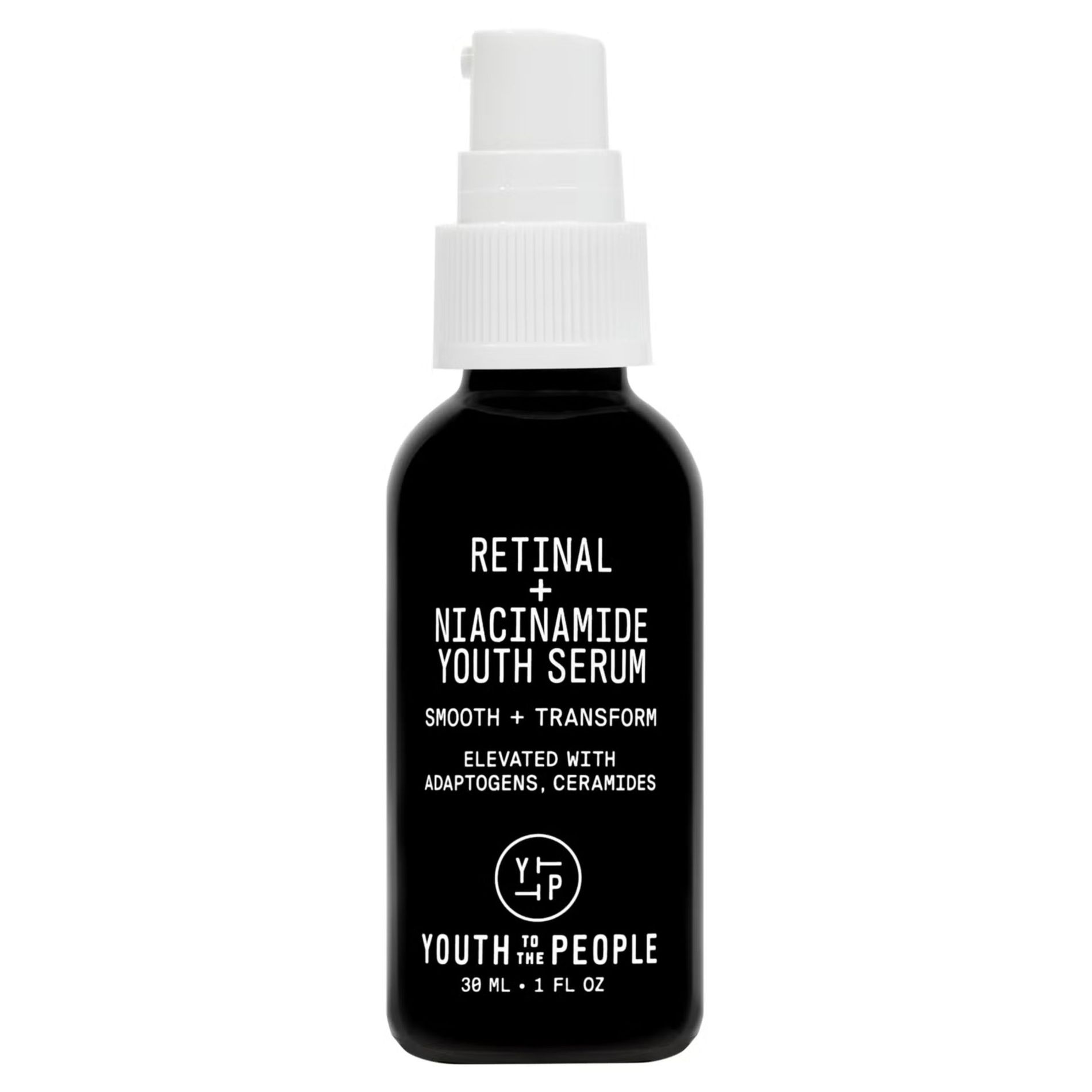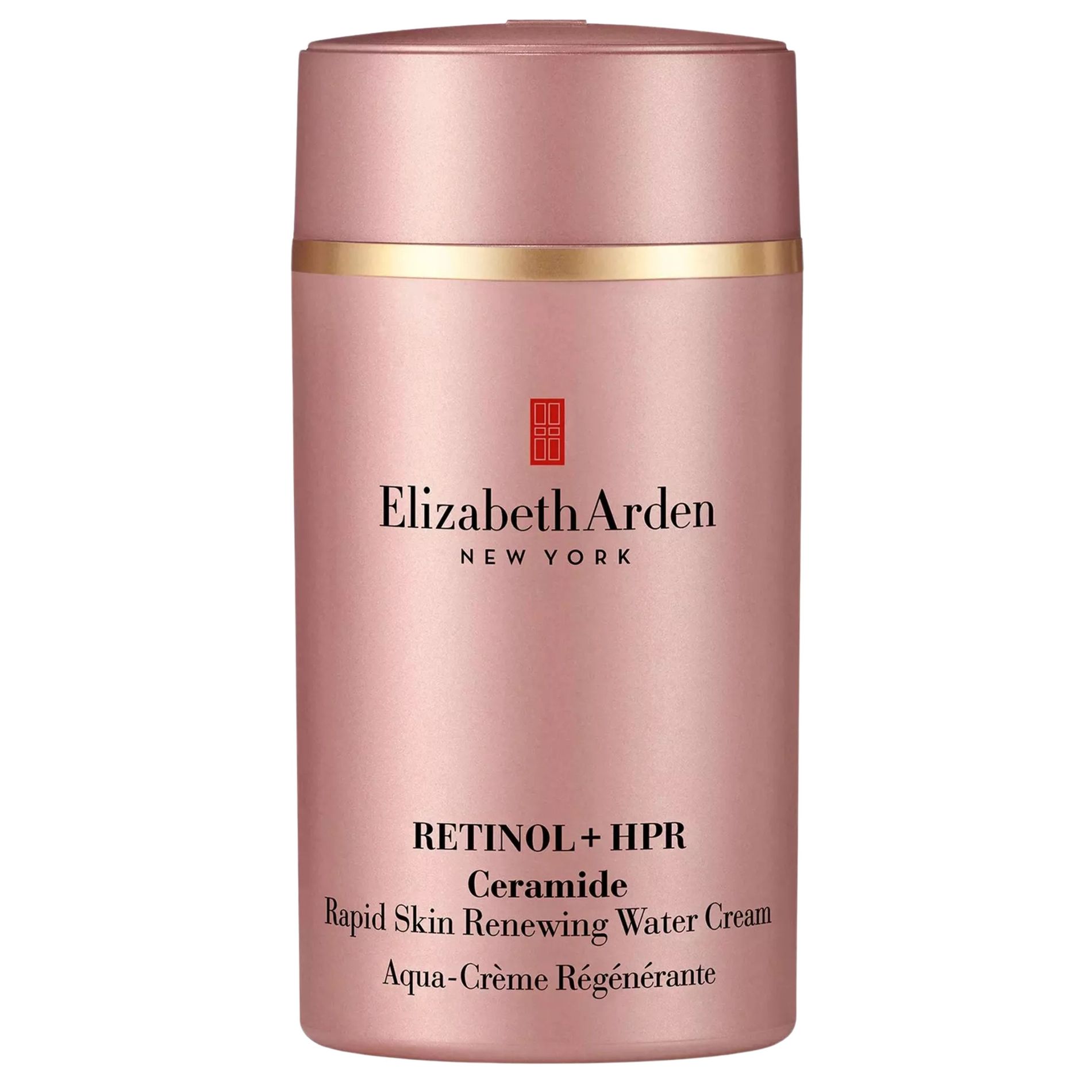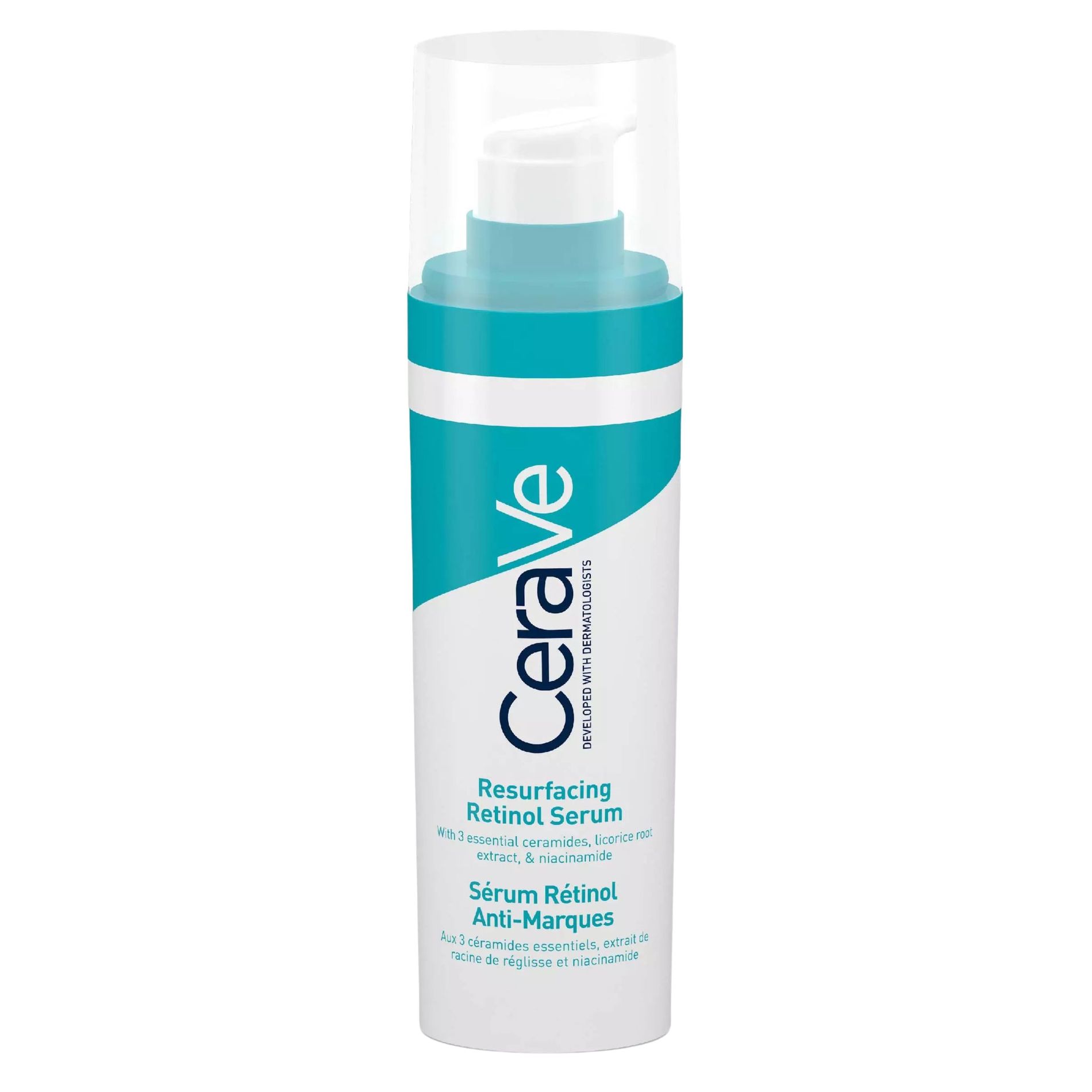Skin-renovating retinol may be renowned for its potent power, but it’s not a one-swipe wonder. A little patience (plus strategic use of moisturisers, sunscreen - yes, even in winter - and complementary ingredients) can help you harness all the benefits of this “golden standard” ingredient without landing in peel-and-burn territory. Below, we take you through the must-know facts about this beauty-boosting skincare staple, and the best retinol creams and serums to buy in 2026
All products featured on Vogue are independently selected by our editors. However, when you buy something through our retail links, we may earn an affiliate commission.
What is retinol?
Retinol is the over-the-counter star of the vitamin A family, better known collectively as “retinoids.” Retinoids include everything from prescription-strength retinoic acid (tretinoin) to retinal (retinaldehyde) and retinol, and they all help boost collagen and rev up cell turnover. According to dermatologist Dr. Camille Howard, retinol can “improve skin texture, tone, and enhance your natural production of hyaluronic acid.” The founder of Verso Skincare, Lars Fredriksson, goes so far as to label retinol the “golden standard” for anti-ageing, crediting its well-researched track record for reducing fine lines, wrinkles, and pigmentation.
Retinoids are indeed the umbrella term, with retinol and retinal as two of its key members. Retinol is typically milder and requires multiple steps to convert into active retinoic acid within the skin, making it a gentler option. Retinal (retinaldehyde) only needs one conversion, so it can work faster but may be more irritating. If you’re new to vitamin A or have sensitive skin, start with a mild retinol. For deeper wrinkles or stubborn breakouts, consider levelling up to retinal or discussing prescription formulas with a dermatologist.
What does retinol do for your skin?
Retinol works by accelerating cell turnover, shedding dull, older skin cells and making way for fresher, more radiant ones. This renewal process often leads to a smoother texture, softened fine lines, and a more even tone. It’s also a hero for hyperpigmentation, helping to disperse excess pigment and gradually fade dark spots.
However, this rapid renewal can come with a temporary downside. Some users experience a “purge” phase, where dryness, flaking, or sudden breakouts appear as congestion surfaces all at once. While this adjustment period can be frustrating, consistent hydration and a gradual introduction of retinol help keep it manageable. If these symptoms persist beyond six to eight weeks or become severe, consult a dermatologist to determine whether it’s a normal part of the process or a sign of intolerance. With a little patience, the payoff is brighter, healthier-looking skin.
How do you use retinol?
The golden rule is “less is more.” Start by cleansing your face at night. After all, retinol is sensitive to sunlight and works best while you sleep. Next, ensure your skin is fully dry, then apply a pea-sized amount of retinol. Massage it gently across your face, avoiding the delicate eye area (unless your formula is designed for that). Follow up with a soothing moisturiser to counteract dryness.
Dermatologist Dr Ewoma Ukeleghe advises starting with a lower percentage and using it just once or twice a week at first: “Let your skin adapt. If you experience intense discomfort, use only once weekly or switch to the weakest formula you can find.” Slowly increase to every other night (and eventually nightly, if tolerated), monitoring how your skin responds along the way.
As for what to pair retinol with, it is a veritable skincare jungle out there. In summary:
- Can you use retinol with hyaluronic acid, niacinamide, or vitamin C?
Pairing retinol with hyaluronic acid is a winning combination, as hyaluronic acid hydrates skin, helping offset the dryness retinol can cause. Niacinamide is also gets a big yes; it supports barrier function and calms potential redness or irritation. Vitamin C, however, may require a little more care. Many prefer to use vitamin C in the morning and retinol at night so that each can work in its ideal conditions without overwhelming the skin. If you’re keen on combining them, introduce the pairing slowly, observing any signs of irritation.
- Can you use retinol with salicylic acid or other types of exfoliants?
It’s possible but proceed with caution. Both retinol and chemical exfoliants (like salicylic, glycolic, or lactic acid) boost cell turnover, so layering them at the same time can stress the skin barrier and cause flaking or redness. Most dermatologists recommend alternating them: retinol on one night and exfoliating acid on the next. Keeping the skin well-moisturised and consistently protected with SPF is critical if you’re using multiple actives.
Why are the common retinol mistakes?
One of the biggest pitfalls is “too much, too soon.” Diving straight into a high-percentage retinol too frequently can cause dryness, peeling, or irritation — often dubbed the “purge state.” Another is neglecting moisturiser and, crucially, sunscreen. Retinol increases the skin’s sensitivity to UV, making daily SPF an absolute must. Finally, many people abandon retinol too soon. A few weeks of mild dryness can lead to months or years of healthier-looking skin if you persevere.
If you want to have a blow-by-blow of the missteps to avoid, we've gathered the most common retinol mistakes according to skincare experts.
Can you use retinol while pregnant?
The short answer is no. Most experts advise against retinol and other retinoids while pregnant or breastfeeding. Although topical application is believed to be far less risky than oral vitamin A derivatives, the consensus is to avoid retinoids altogether as a precaution. If in doubt, always check with your healthcare provider.
The best retinol creams and serums of 2026:
Our beauty editor's favourite retinol
What it is: Powered by a skin-caring blend of bakuchiol, isoflavones and chlorophyll, this transformative formula uses a new generation of deeply penetrating encapsulated retinol to firm skin, minimise fine lines, boost collagen and help keep breakouts in check, for a renewed, gold-standard complexion.
Why we love it: We’ve all been evangelised about retinol’s power in a beauty routine, but my skin is more reactive than a tween mid sugar crash. We're talking sensitive, sensitised, rosacea-prone, with redness and texture that do not mix well with punchy actives. So colour me impressed: Mantle’s make didn’t make my skin freak out even once.
The best retinol (night) cream
What you need to know: This overnight option pairs peptides, vitamin C, and collagen-boosting extracts to revitalise your complexion while you sleep. Its lush-but-breathable texture keeps skin comfortable through the night, so you can rise to a plumper, more luminous finish.
Why we love it: Think of Vichy's Liftactiv Specialist Collagen B3 Night Cream as your nighttime recharge: smoothing dull patches and helping you greet the day with a more youthful glow. If you’re after noticeable changes without complicated steps, this cream does the heavy lifting while you rest.
The best retinol serum
What you need to know: SkinCeuticals' retinol serum delivers a moderate 0.3% dose of stabilised retinol in a lightweight formula that sinks in fast. It’s designed to smooth fine lines and gently even out skin tone without bulldozing your complexion or causing noticeable dryness.
Why we love it: It’s a solid entry point for anyone new to retinol: potent enough to show improvements but not so strong that it terrifies your skin. Consider it a polite yet determined introduction to the world of vitamin A.
The best retinol eye cream
What you need to know: Formulated specifically for the delicate eye area, Murad's Retinol Youth Renewal Eye Serum combines a gentle retinol blend with soothing elements to ease crow’s feet and soften dark circles. It leaves behind a comfortable finish, never greasy.
Why we love it: If your under-eyes betray how late you stayed up, this subtle nighttime pick-me-up helps you look more alert by morning. Perfect for anyone craving a noticeable, well-rested gaze without the heavy-duty feel some eye creams bring.
The best luxury retinol
What you need to know: Brightening, nourishing and hydrating, this serum from Verso acts to reduce and counteract uneven skin tone. With the brand's patented NEAR 1 molecule, it acts to combine vitamin A and niacinamide to create a visibly smoothing effect as it reduces lines and wrinkles, and increases skin's elasticity.
Why we love it: Aside from its hypoallergenic formula, nourishing effect and smoothing properties, this product feels beautifully luxurious. Smooth it onto your skin in a ritual-esque manner before heading to bed to allow it to work its magic.
The best budget retinol
What you need to know: A wallet-friendly, no-frills option, this formula blends 0.5% retinol with squalane to combat dryness and enhance skin’s texture. Designed for your PM routine, it provides a balanced entry into the world of anti-aging without the high price tag. And if you're after a more potent potion, botanise in The Ordinary's other retinol options of different percentages at a reasonable price tag.
Why we love it: Sometimes simple is the smartest choice. If you’re retinol-curious but cautious about costs, this is an easy way to explore its benefits overnight without rattling your bank account – or your complexion.
The best retinol for beginners
What you need to know: Featuring 0.01% retinaldehyde, a gentler cousin of retinol, Medik8's Crystal Retinal 1 Serum introduces vitamin A benefits slowly to keep irritation in check. Used nightly, it promotes smoother texture and a brighter look – excellent for those just getting acquainted with retinoids.
Why we love it: Think of it as training wheels for more potent retinoids. You’ll see gradual yet definite improvements over time, all without the bumpy ride and telltale peeling that often scares first-timers away.
The best retinol for regular users
What you need to know: Amping the strength up to 1% retinol, this formula from Paula's Choice tackles deeper wrinkles and sagging for those who’ve already mastered milder versions. Enhanced with peptides and vitamin C, it supports firm, resilient skin when applied consistently at night.
Why we love it: It’s like levelling up in a video game: you already know the basics, and now you’re ready for a real challenge. If you’re already comfortable with retinol’s quirks, expect firmer texture and more pronounced smoothing from this potent nightly option.
The best retinol for sensitive skin
What you need to know: Uniting pure retinol with niacinamide (vitamin B3), La Roche-Posay's Retinol B3 Serum refines lines and tone without overwhelming reactive skin. Use it as part of your evening regimen to see steady improvements without the tightness or redness sometimes triggered by stronger products.
Why we love it: If you’ve been burned by harsher formulas before, this balanced blend might change your perspective. It’s gentle enough to keep irritation at bay while still delivering the smoothing effects retinol is known for.
The best retinol for dry skin
What you need to know: By delivering a precisely measured micro-dose of retinol each day, Kiehl's formulation lowers the risk of irritation. Ceramides and peptides help reinforce the skin’s barrier, making it a reliable option for daily wear.
Why we love it: For anyone nervous about dryness, the measured nightly doses mean you can reap retinol’s smoothing perks without a rocky adjustment period. It brings consistency to your PM routine, one small step at a time.
The best retinol for oily skin
What you need to know: Designed with retinal (a stronger relative of retinol) and niacinamide, this serum targets excess oil, refined pores, and uneven texture. Lightweight and fast-absorbing, it’s a standout solution if you need overnight help taming shine while preserving a healthy glow.
Why we love it: A personal trainer for your T-zone, this serum takes care of excessive shine overnight while still leaving skin radiant. If you’re after a serum that treads the line between matte and glowing, this hits the mark.
The best retinol for mature skin
What you need to know: A water-light formula infused with ceramides and retinol, it caters to more pronounced aging concerns overnight. While it targets deeper wrinkles and helps lift slack areas, the cream itself feels refreshingly breathable.
Why we love it: It gives mature skin a supportive nudge in the right direction – firmer and more supple by day, without that suffocating sensation heavier creams often bring. A great option if you crave a revitalising finish come morning.
The best retinol for acne-prone skin
What you need to know: CeraVe's nightly serum pairs retinol with barrier-friendly ceramides to smooth rough patches, unclog pores, and soothe breakouts. Its clear, gentle composition means you’ll handle both acne and early aging signals without needing separate treatments.
Why we love it: Torn between blemish control and anti-aging? This does both at once – fewer clogged pores plus a gradual softening of fine lines. It’s a streamlined approach that respects your skin’s natural balance.
